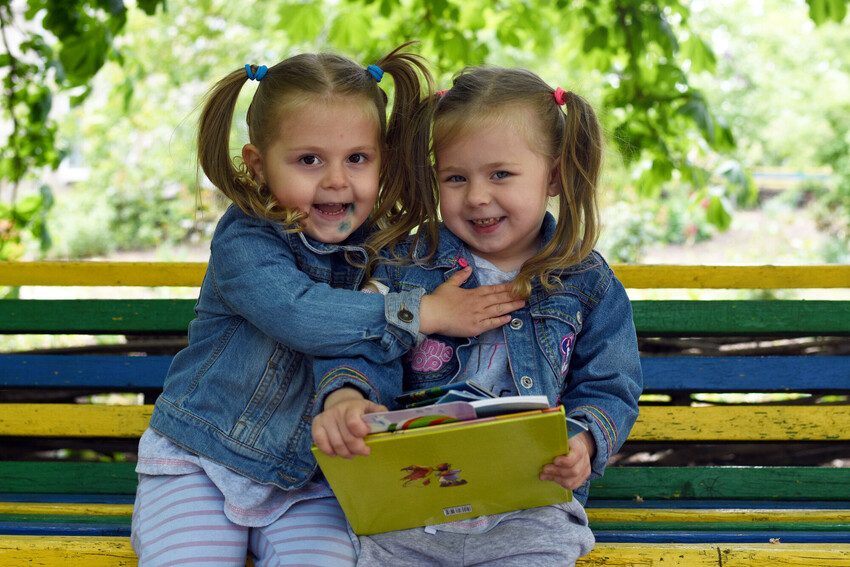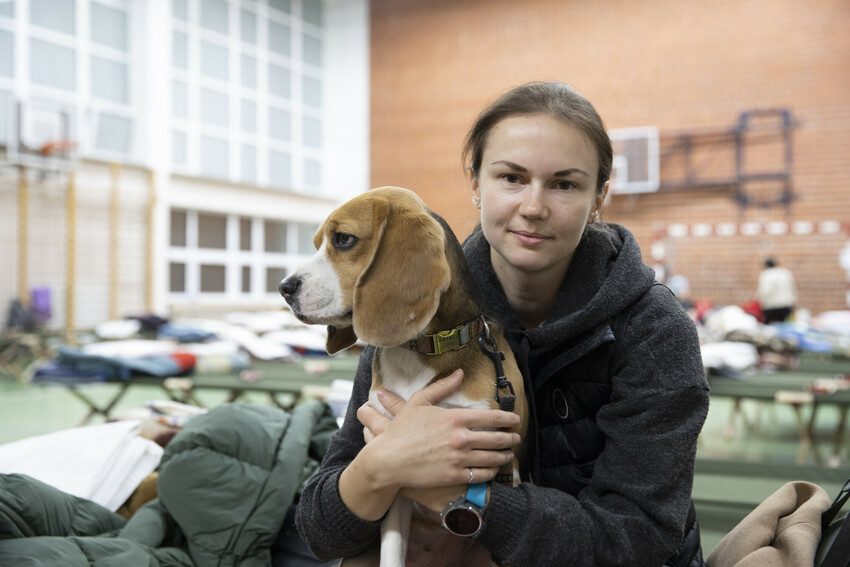Strategies and impacts of adolescent girls' safe spaces in Kita
This report reviews the implementation of an adolescent girls' safe spaces programme in Kita, Mali and provides recommendations to support future interventions.
Ukraine Crisis – three years on.
24 February 2025 marks three years since the escalation of the conflict in Ukraine.
With over 12.7 million people in need in Ukraine, including 2.8 million IDPs and 9.9 million non-displaced people severely affected by the war, it is vital that the international community maintains robust support for those affected by the ongoing crisis.
The humanitarian crisis in Ukraine has displaced nearly 7 million refugees across Europe, creating urgent needs for health care, education, housing and legal assistance, particularly for women, children, people with disabilities and marginalised groups such as LGBTQIA+ individuals.
Addressing these challenges requires trauma-sensitive education, training and employment opportunities to build resilience and self-reliance. Scaling up gender-based violence services and culturally sensitive mental health and psychosocial support is essential to protect and heal vulnerable populations.
The war in Ukraine has devastated the education sector, with millions of children displaced and 3,798 educational facilities damaged, including 365 completely destroyed.
Plan International and our partners will continue to be there for the people of Ukraine – through conflict and as they rebuild and recover.
Plan International has established a strong presence in Ukraine and neighbouring countries, including Moldova, Poland and Romania, to respond to the humanitarian crisis caused by the ongoing conflict.
Drawing on its extensive experience in humanitarian and development contexts, Plan International has adopted a localised, partner-driven approach, prioritising collaboration with local actors. This strategy has enabled Plan International to work effectively with 55 local organisations and governments, ensuring that responses are deeply rooted in community needs.
We will focus on several priority areas in which Plan International can add value and offer expertise:
Plan International aims to continue the efforts in strengthening child protection systems and to reinforce leadership and representation expertise of its partners to ensure girls and boys and youth affected by the crisis, including those from host communities, are protected from violence, abuse, neglect and exploitation and their families have support to prevent negative coping mechanisms.
This includes activities such as the provision of mobile child protection teams, with trained psychologists and social workers, the identification and registration of unaccompanied and separated minors and other vulnerable children, and the provision of cash and voucher or food assistance to support families to meet their basic needs.
This also includes training to public workers, such as border staff, teachers and other frontline workers, as well as all Plan International staff, partner staff on safeguarding and prevention of sexual harassment, exploitation, and abuse to ensure this is imbedded throughout the response.
Psychosocial support programmes have been a cornerstone of Plan International’s response, addressing the mental health needs of children and families. Efforts include training local counsellors, establishing community support centres and raising awareness of mental health services, providing vital emotional relief and stability to affected families.
Watch our video on the mental health impacts of the war in Ukraine:
Ensuring girls, boys and youth affected by the crisis have access to safe, inclusive and quality education through the provision of tablets and computers for online learning, support with registration and learning materials for in person learning, as well as repairs and refurbishment to damaged schools to ensure they provide the right, protective environment for learning.
Nearly one million children and 40,000 teachers affected by the destruction of schools have benefited from online and hybrid learning models, temporary learning spaces and educational materials to ensure continuity of education.
It is well recognised that crises affect people differently, exacerbating pre-existing vulnerabilities, including those related to an individual’s age, gender, sexuality, ability, background and social status. As a girls’ rights organisation, Plan International and our partners puts girls at the heart of our work in the region.
Plan International’s commitment to gender equality and youth engagement is evident in its initiatives to empower girls and young people through leadership training, advocacy workshops and support for youth-led projects. These efforts have fostered resilience, agency and tangible results through community-based advocacy campaigns.
Watch our video on the gendered impacts of war in Ukraine:
We recognise the importance of listening to affected communities and encourage their input into the humanitarian response. We have a duty to amplify the voices of marginalised groups eg. children, adolescents, women, people with disabilities, older people, and the LGBTQIA+ community.
Our response is guided by two-way communication with both refugee and host communities.
Watch our video on youth participation and engagement on the reconstruction and recovery of Ukraine:

Plan International started operating in Moldova in March 2022 to support the Government, the UN and humanitarian partners in responding to the arrival of refugees from Ukraine.

Plan International began operating in Poland in 2022 to respond to the unprecedented scale of refugees fleeing the war in Ukraine and the associated needs of children and their families.

Key contacts: Sven Coppens, Director of Plan International’s Ukraine Crisis Response